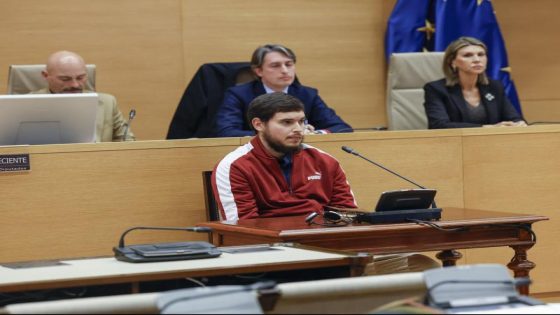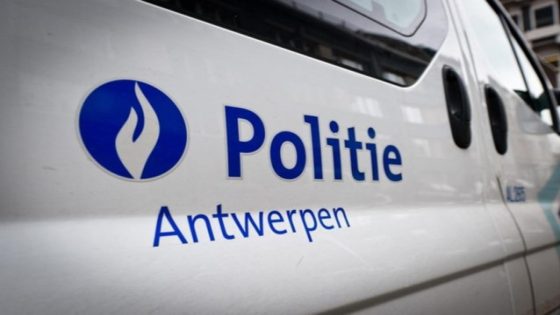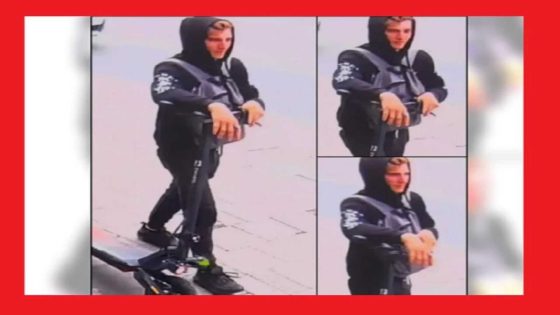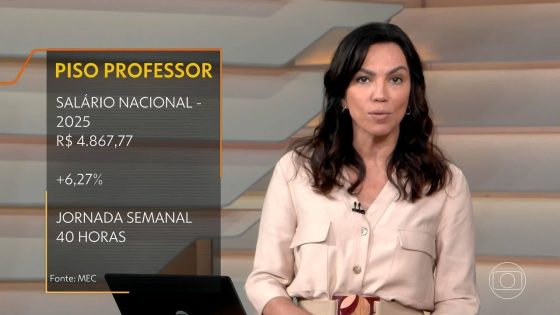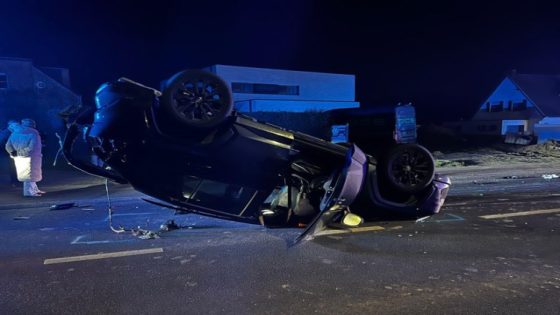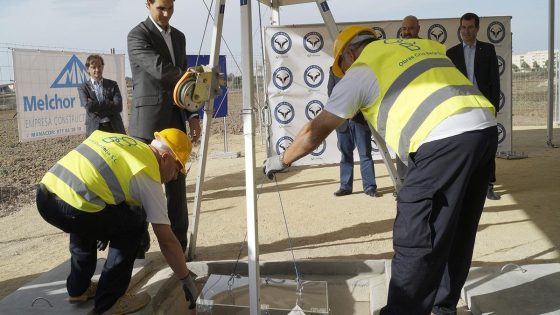On February 14, 2025, Mohamed Houli Chemlal, a convicted member of the jihadist cell responsible for the 2017 Barcelona and Cambrils attacks, made shocking claims regarding the Spanish intelligence agency, CNI. During a congressional investigation, he alleged that the CNI was aware of the imam’s intentions and failed to act. What does this mean for Spain’s security and intelligence oversight?
- Mohamed Houli Chemlal's testimony in Congress
- CNI's alleged prior knowledge of imam's intentions
- Security measures for Houli's congressional appearance
- Tensions between deputies during questioning
- Houli's claims lack concrete evidence
- Historical context of police access to Congress
Implications of Houli’s Claims on Spain’s Intelligence Community
How do allegations like these affect public trust in national security? Houli’s testimony has sparked a debate about the effectiveness of Spain’s intelligence services. His assertion that the CNI had prior knowledge of the imam’s plans raises concerns about accountability and transparency. Could this lead to reforms in how intelligence agencies operate?
Key Takeaways from the Congressional Hearing on February 14, 2025
The congressional hearing revealed several critical points regarding the investigation into the 2017 attacks:
- Houli claimed the CNI was aware of the imam’s intentions.
- His testimony raises questions about the agency’s accountability.
- Concerns about public safety and intelligence oversight are now at the forefront.
- Political responses vary, with some demanding further investigation.
Understanding the Context of the 2017 Barcelona Attacks
The 2017 Barcelona and Cambrils attacks resulted in 16 deaths and over 300 injuries. These tragic events have left a lasting impact on Spain’s approach to counterterrorism. Houli’s claims not only revive painful memories but also challenge the effectiveness of current security measures.
The Role of Intelligence Agencies in National Security
Intelligence agencies like the CNI play a crucial role in preventing terrorist activities. However, Houli’s allegations suggest a potential failure in this duty. It raises the question: how can agencies improve their monitoring and response strategies to ensure public safety?
Future of Intelligence Oversight in Spain
Following Houli’s testimony, there may be calls for reforms in how Spain’s intelligence community operates. Increased scrutiny and accountability could lead to changes in policies and practices. What steps will be taken to restore public trust in national security?



